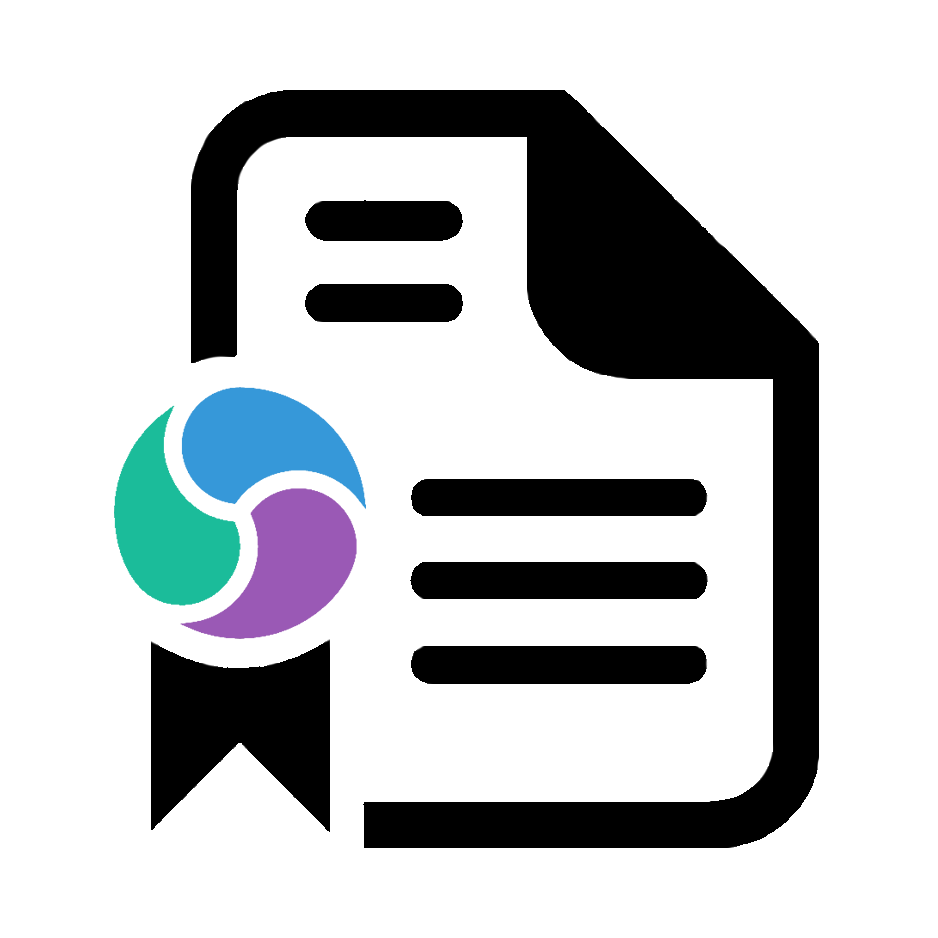
John Furrier45






















Q5: How will open standards (like @OpenStack) continue to shape #IaaS? What about the API debates?

Dormain Drewitz
There are industry standards, and there are de facto standards... ;)

Mike Miller
Openstack vs AWS is Android vs iOS, part deux. Amazon vs the world. OpenStack enables seamless private/public cloud spillover.

Michael Fork
They help to standardize and consolidate workloads around specific APIs, simplifying compatibility and bringing closer to portability. However, still have issues around differing implementations - one NIC vs two, different HDD structures, etc.

Crowd Captain
What about software is it ready for prime time in Openstack

SoftLayer
Open standards and platforms like OpenStack and CloudStack further abstract the nuts and bolts of infrastructure from customers. In the past, developers would code an application to servers with specific hardware components. Not so anymore.

SoftLayer
Open standards allow developers to code an application to a vendor-agnostic framework, so those applications can be much more flexible when it comes to the underlying hardware.

Holger Mueller
#OpenStack levels the field standards wise between all the players - so differentiation through technology becomes harder.

John Furrier
@softlayer what about fully integrated stacks vs the ability to look under the hood and really plug n play composite code?

Mike Miller
I don't quite understand the API debate. Doesn't chef/puppet abstract that away?

Brian Fanzo
Cloud isn't an option anymore and the more people working on a solution that is scalable, reliable and makes sense for the more difficult problems the better. Open Standards are the best hope for Enterprise Companies!

Holger Mueller
MyPOV - The biggest benefit of #OpenStack for #IaaS is that smaller startups find a huge ecosystem.

Zeydy Ortiz, PhD
Standards provide some peace of mind for those trying to avoid vendor lock-in

SRR
open stardards facilitate application portability @cloudchat

John Furrier
API debate is here https://www.crowdchat.net/openstack

AWS API Debate
Openstack thought leaders weigh in key conversations
Openstack thought leaders weigh in key conversations

Michael Fork
I view portability as very difficult to achieve unless we go beyond common APIs and start looking at reference architectures (e.g. number of NICs and HDDs)

Brian Fanzo
@crowdcaptain the question is how long will legacy applications take to be ready for the cloud in general.. Open Stack or AWS or etc... Legacy applications weren't built for cloud conditions..

Holger Mueller
MyPOV - The API debate is good as long as it remains consistent. Will OpenStack become like Linux? Quo Vadis OpenStack http://enswmu.blogspot.com/search?q=quo+vadis

Mike Miller
Our #cloudant engineers can chef their way around an IaaS API like nobody's business. Just another recipe.

Michael Fork
@mlmilleratmit does it abstract it away? if one provider has a single nic with multiple IPs and public / private on it and a second has a two nics, one each for public and private can Chef / Puppet handle that?

John Furrier
Brian cloud is a great option proprietary cloud is not an option

John Furrier
thoughts on Open Compute in #IaaS ?

Casey Lucas
@Furrier - IBM targets mass developer community with BlueMix cloud platform #CloudChat http://bit.ly/1nVDwva
IBM targets mass developer community with BlueMix cloud platform -
OVUM VIEW Summary The beta launch of codename BlueMix at IBM Pulse 2014 is IBM’s play for the mass developer market. It is opening up a PaaS on top of its IaaS offering and recent acquisition, SoftLayer, a public cloud player. It has ready-built serv...
OVUM VIEW Summary The beta launch of codename BlueMix at IBM Pulse 2014 is IBM’s play for the mass developer market. It is opening up a PaaS on top of its IaaS offering and recent acquisition, SoftLayer, a public cloud player. It has ready-built serv...

Michael Fork
@holgermu completely agree with your POV that one of biggest benefits of open standards is allowing small players into a large ecosystem



